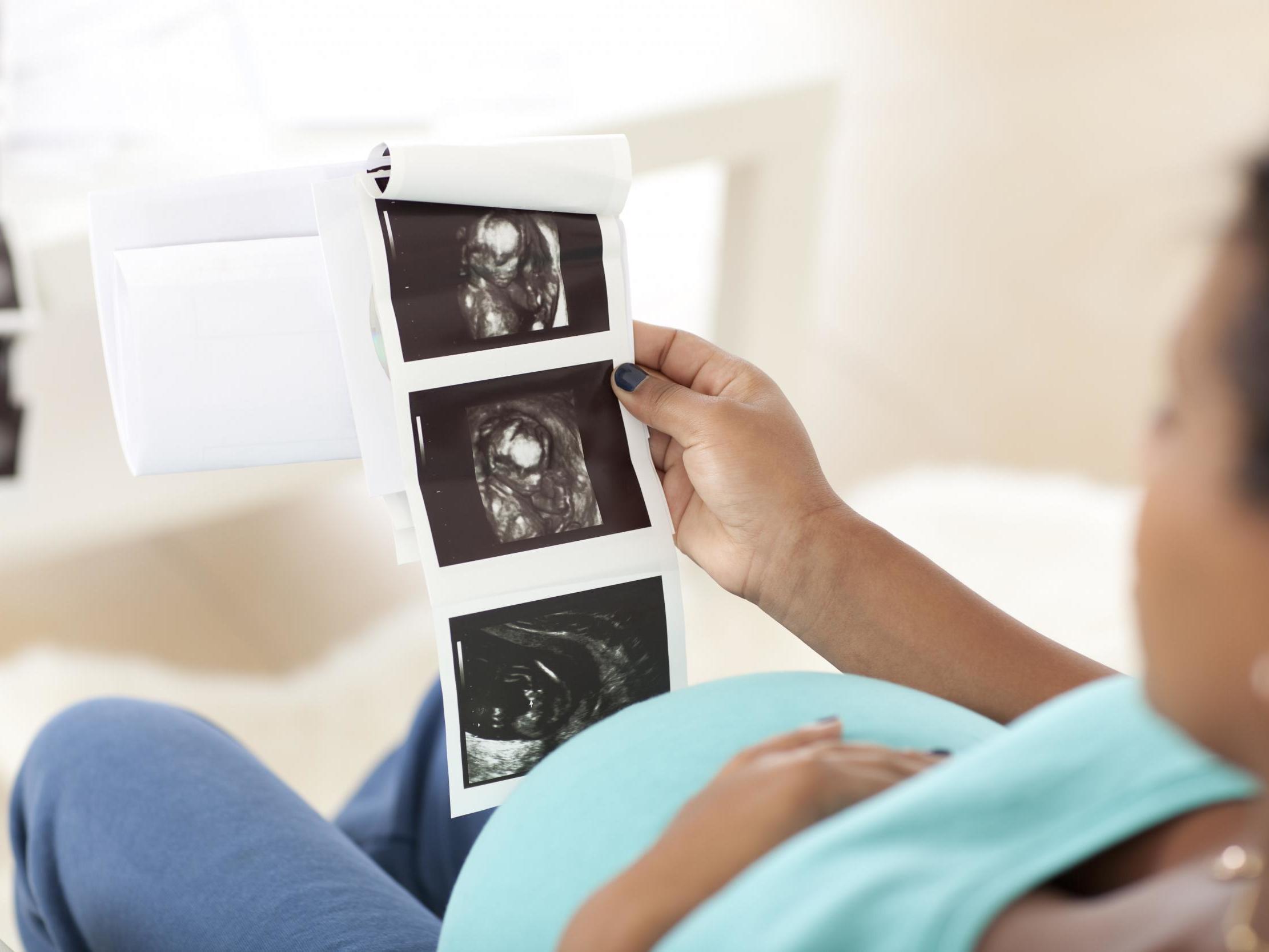After Brexit, black women will be less safe when giving birth in Britain. Leaving the EU is dangerous
Ethnic minority women already have significantly poorer outcomes from pregnancy compared to white women. If Brexit goes ahead, the NHS will see an even bigger drop in standards of care


Your support helps us to tell the story
From reproductive rights to climate change to Big Tech, The Independent is on the ground when the story is developing. Whether it's investigating the financials of Elon Musk's pro-Trump PAC or producing our latest documentary, 'The A Word', which shines a light on the American women fighting for reproductive rights, we know how important it is to parse out the facts from the messaging.
At such a critical moment in US history, we need reporters on the ground. Your donation allows us to keep sending journalists to speak to both sides of the story.
The Independent is trusted by Americans across the entire political spectrum. And unlike many other quality news outlets, we choose not to lock Americans out of our reporting and analysis with paywalls. We believe quality journalism should be available to everyone, paid for by those who can afford it.
Your support makes all the difference.The government is planning a massive intervention in NHS maternity services, which will dramatically cut staffing levels. The move will a significant effect on the safety of women giving birth – especially ethnic minority women. That intervention is Brexit.
The NHS is understaffed already. A survey of Unison members on safe staffing published recently showed that nearly half of respondents said there were “not enough staff on their shift to deliver a safe, dignified and compassionate service”, and that their workplace had used agency staff that day. Over 100,000 posts across the NHS lie empty, including 3,500 midwifery posts. The NHS is stretched ever thinner.
An emergency on the labour ward needs to be addressed within minutes or else lifelong disability or even death can follow for the baby or mother. The cracks in the rotas for such a critical area cannot be papered over for long. And as a mother myself, I find this particularly worrying.
The Royal College of Midwives has sounded the alarm over Brexit, citing a drop in midwives coming from the EU as a significant concern. Just 33 midwives came from Europe to work in the UK in 2017, compared to hundreds that arrived annually in previous years. Up to one in four staff in some maternity units are from the EU; we rely on staff coming from overseas and they’re just not coming any more. Yet there is no clear answer as to how the staffing concern will be solved – it only seems clear that Brexit will make the issue worse.
The risks are greater for some mothers than others. Ethnic minority women generally have poorer outcomes from their pregnancy compared to white women. They stay longer in hospital, are less likely to receive pain relief during labour, and have fewer home visits from midwives.
More shockingly still, we and our babies die much more often. The maternal mortality rate for UK-born Asian women is one and a half times higher, and for UK-born black women is nearly five times higher than for white women, and infant mortality rates for their babies are around twice as high as for white babies.
If Brexit happens, there is very little faith that these statistics will get any better.
Brexit poses a risk across the NHS and to the health of everyone, in terms of threats to funding, staffing and research links.
But for some services, and some patients, it poses greater risks. For maternity services, and particularly black and minority ethnic women and their babies, it poses a significant danger to life that we cannot ignore.
Ethnic Minorities for a People’s Vote and Women for a People’s Vote are working to address the risks of Brexit on ethnic minorities and women through campaigning for a vote on any Brexit deal.
With Brexit holding such critical risks, we need to give the power back to the people. We need to take back control of our political process. We know so much more about what Brexit will mean, and the health implications, especially for those who are already in a disadvantaged position.
Control starts with putting the question back in the hands of the electorate through a people’s vote to see if this is really a risk we want to take.
Join our commenting forum
Join thought-provoking conversations, follow other Independent readers and see their replies
Comments